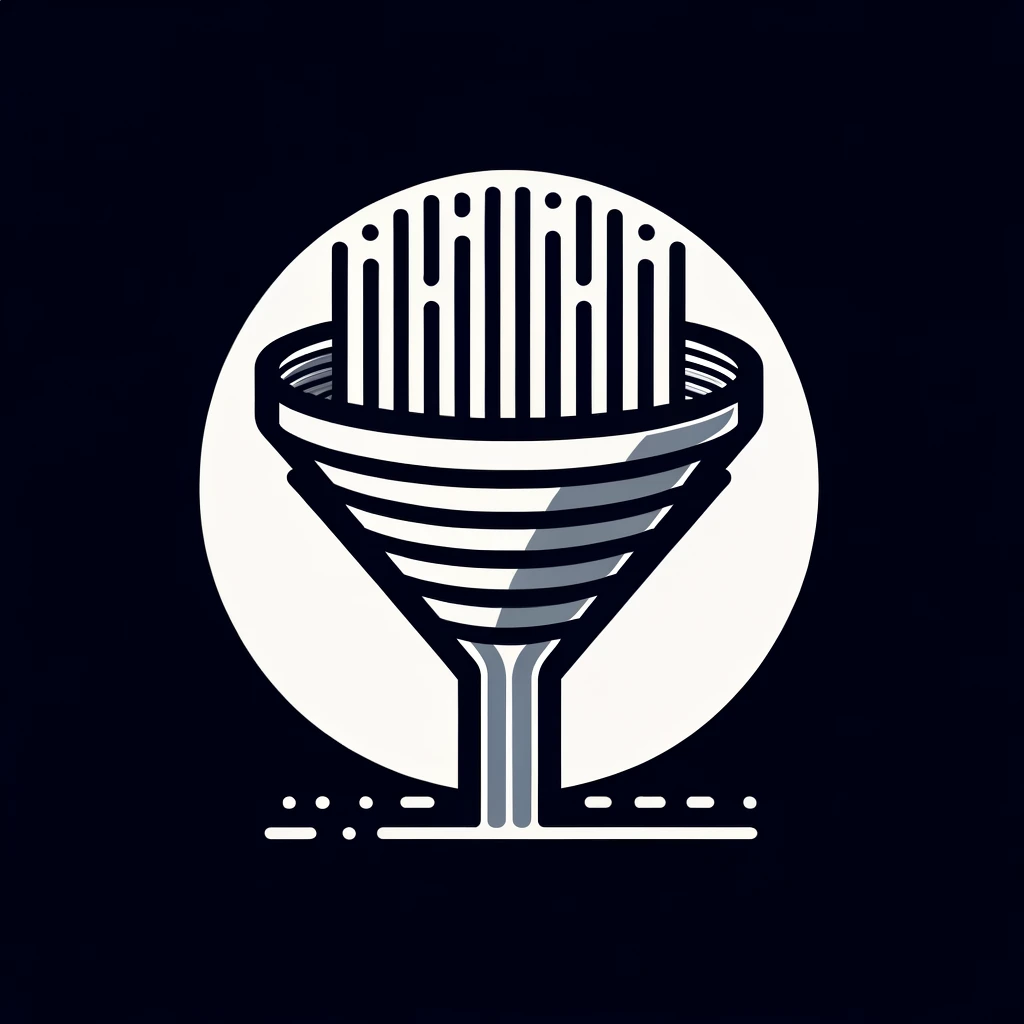Deep brain stimulation (DBS) has evolved from its initial use for movement disorders to potential benefits for psychiatric illnesses. The process involves electrodes near brain structures, connected to a generator, controlled to fire as needed. While the exact mechanism remains unclear, it impacts various neuronal circuits. Safety concerns are minimal, with surgical and neural complications noted but rare. A collaborative interprofessional team is crucial for effective DBS treatment, illustrating its complexity and the need for comprehensive care.
Main Points
Evolution of DBS Applications
DBS has evolved since its discovery, initially implemented for movement disorders and now found beneficial for treatment-resistant psychiatric illnesses including OCD and depression.
DBS Apparatus Mechanism
DBS apparatus involves electrodes placed near brain structures, connected to a pulse generator in the chest, controlled by a computer to fire appropriately.
DBS Complications and Safety
Complications of DBS can include surgical issues and neural effects, yet overall, DBS is considered safe with minimal and perhaps negligible side effects.
Insights
Deep brain stimulation (DBS) is approved by the FDA for several disorders.
DBS is approved by the United States Food and Drug Administration (FDA) for the treatment of essential tremors, dystonia, Parkinson disease, and treatment-refractory obsessive-compulsive disease (OCD).
The mechanism of DBS's therapeutic effects remains uncertain.
The precise mechanism of the resultant therapeutic effects of deep brain stimulation remains unclear; however, theories are plentiful. As implied by the recounting of the surplus of possible applications, stimulation of the deep brain structures influences a variety of circuits involved in neuronal functioning.
DBS requires a collaborative interprofessional team for effective treatment.
An interprofessional DBS team should include an experienced surgeon (with expertise in functional neurosurgery), a movement disorder neurologist, psychiatrist, neuropsychologist, and neuropsychologist. The nurse plays an integral role in assisting the patient gain maximum benefit from the surgical intervention.
